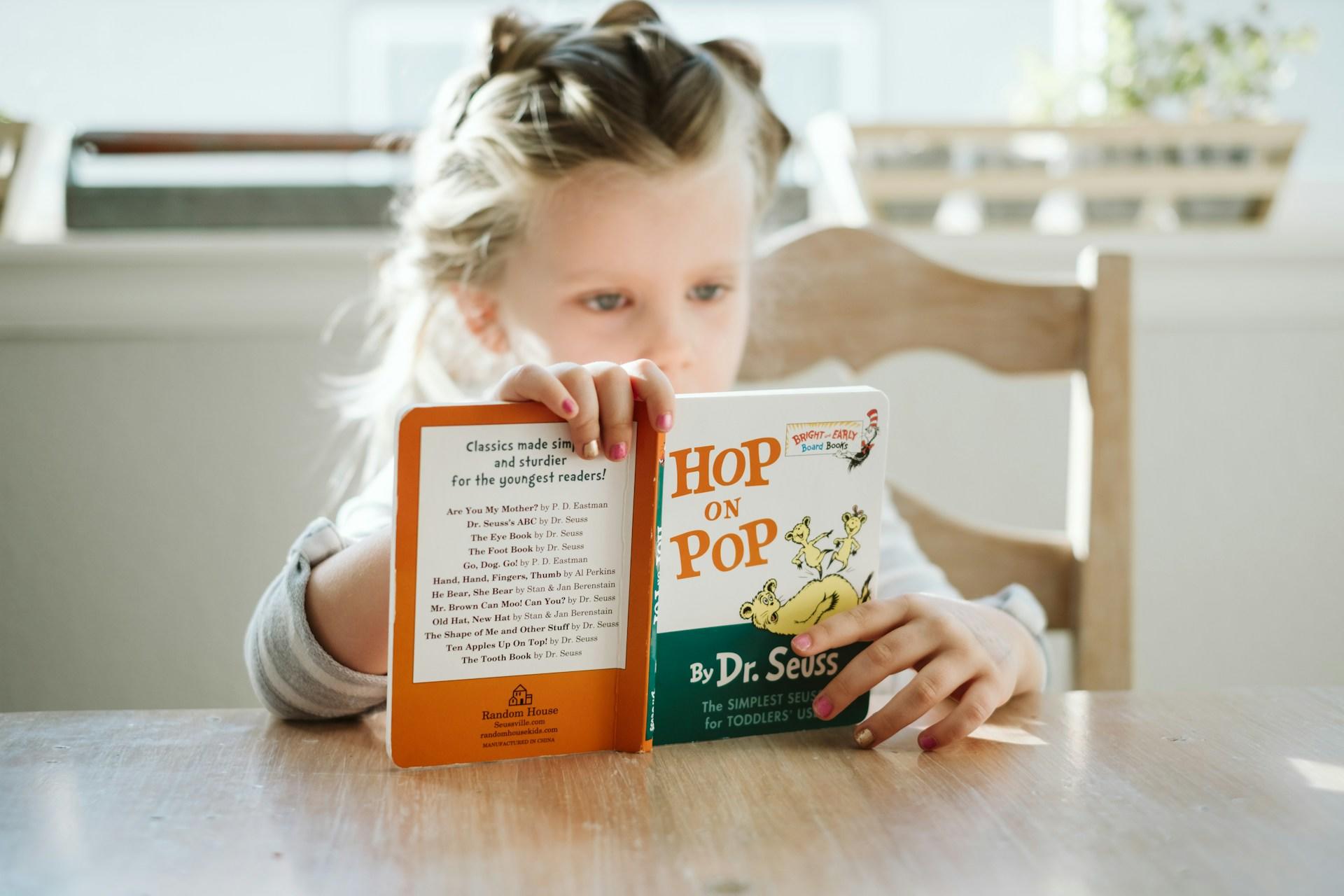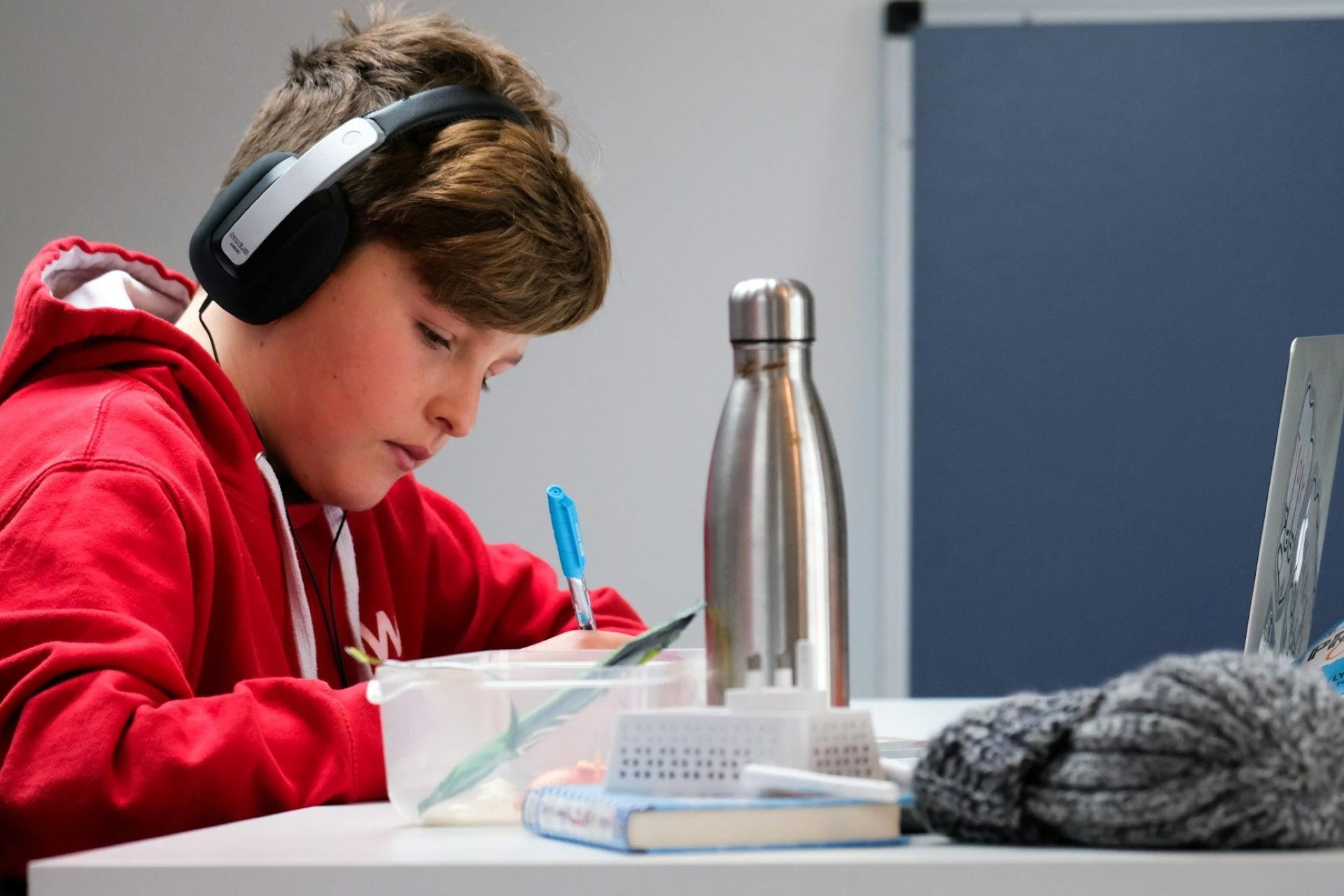In New Zealand, education is compulsory for children between the ages of 6 and 16. However, this education doesn't have to be provided by a state, state-integrated, or private school.
Parents have the option to take legal responsibility for their children's education and home-educate their children. 'More common, this is called homeschooling and following the pandemic, there's been a large number of parents choosing this option for their children.
It's not a decision to be taken lightly and there are lots of pros and cons to teaching your children in this way. In this article, we'll look at the advantages that come with homeschooling.

Improve the Bond with Your Child through Homeschooling
With children at school typically between 9 and 3 each day, they spend 30 hours a week in school. Parents who start homeschooling their children get to spend more time with their children and play a bigger role in their education.

For parents who work and have their children in school, some tasks and errands need to be done when they get home and by the time everything's finished, you're left with very little time to spend with your family.
For many families, the weekend is the only real time they get to spend with their loved ones. This may also leave them feeling disconnected from their children's education and their day-to-day lives.
While homeschooling isn't an option for parents who work, unless they get help from private tutors or other professionals, those who have the time to do it, can forge stronger bonds with their children and play a greater role in their education.
You Can Teach Your Children at a Pace that Works for Them
When children have to share a class with several other students, they may feel that the class is going too quickly or slowly for them. With homeschooling, there won't be any pressure on them to learn at the same rate as the other students (as there aren't any) and they can fully focus on learning at a pace that's right for them.

Homeschooled children also have more freedom to manage their own time. They'll never have to wait for slower children to finish their work or feel like they were rushed to finish their work.
Much like with private tutoring, they also can regularly interact with their educator. Whenever they have a question or concern, they can just ask. Naturally, teachers would love to be able to provide this kind of teaching for their students, but because they have to teach larger groups of students they won't be able to.
This makes homeschooling very useful for both gifted children and those who are struggling in school. Homeschooling your children is a lot of work, too, though, so make sure you take it seriously.
Why you don't have to necessarily follow the curriculum, you do have to provide an education that's as frequent and good as what can be offered by registered schools. Before you can homeschool your children, you have to gain an exemption for them from your local Ministry of Education.
Learning in Different Ways
More and more families are turning to homeschooling as the education their children receive in schools isn’t effective enough. Large classes of students of varying levels isn’t the most effective way to teach, after all.
Some parents have some very good reasons for teaching their children themselves.

The education system is what it is. Its goal is to offer as many children as possible an education. For the average child, this is fine, but most children are anything but average.
The way children are being taught may not work for your child and you may need to do things differently. Homeschooling can help you teach your children in different and more effective ways by trying things like museum trips, learning in the library, or even cultural experiences like going to the cinema, a concert, or the theatre.
As long as your child is receiving a suitable full-time education, you can essentially teach them however you see fit. They can often enjoy a more enriching education than they would at school.
Check out our advice for homeschooling children.

Homeschooling Can Follow Your Child's Natural Rhythm
There's nothing worse than trying to learn something when you're still sleepy from the night before or at the end of a long day. To ensure that every student can attend, schools need to have a fixed schedule. However, this doesn't mean that this schedule is ideal for everyone.
Early birds (sometimes called larks) might benefit from starting their day earlier while night owls may be most productive at the end of the day. You can choose your child's schedule according to their biological rhythm and when they're most productive.
This isn't to say that you should just let your child stay up late and start their homeschooling as late as they'd like, but if 11:00 until 17:00, for example, would work better for them and they'd learn more, this might be a better schedule.
Homeschooling also allows for adjustments to the schedule on the fly. If there are unforeseen circumstances that mean you have to start an hour later or an hour earlier, you can accommodate changes to the schedule and still have a full day of homeschooling.
The same is true for attending events. You can integrate educational activities into your day and if that means taking a longer break in the middle of the day, you can do that as well.
It's quite common to follow a more formal educational structure in the morning with more contemporary and engaging educational practices in the afternoon. This way, the later and more fun activities can be used as a reward for the hard work they put in the morning.
Either way, gone are the days of early starts and rushing to get them to school.
Homeschooling Offers a Lot of Freedom
The freedom offered by homeschooling doesn't only apply to the schedule, how and what you teach also enjoys these freedoms.
You're also not at the behest of the school holidays, which allows for you to travel at more opportune times, provided that you still provide as much education as the child would typically get in a registered school.
The parents of homeschooled children have less to worry about when it comes to travelling, too. Not only can they travel when they want to, but parents of homeschooled children don't have to worry about their kids regularly changing schools.
Homeschooled Kids Avoid Exam Stress
It takes a certain set of skills to homeschool your children, but what you won't necessarily need is for your kids to do all the exams and tests that children in state or state-integrated schools have to do.
For children who suffer exam stress, exams don't help them to learn. Exams aren't always a good indicator of whether or not a child is learning, either.
Generally, most exams are so that people who like numbers can quantify how much students are learning. Within schools, this also forces teachers to teach to the exam rather than necessarily giving students useful subject knowledge. Many are learning just how to do well on said exams rather than using the knowledge they're being taught.
This isn't to say that you can't monitor your child's progress and test their knowledge, but you don't need to sit them down and make them take an exam. You'll likely find that this freedom helps children to learn more effectively and perform better.
The Downsides to Homeschooling
No teaching approach is perfect and neither is homeschooling. Before you choose to home-educate your child, you should be aware of the disadvantages to homeschooling.

Consider the following before you take your child's education fully into your own hands:
- Teaching is difficult and is a profession. It takes a special set of skills to be a good teacher and not everyone is necessarily capable of it. That said, there are tutors to help you.
- Homeschooled children are at risk of missing out on social opportunities with other children their age. If you choose to homeschool your child, remember to ensure they get to interact with their peers regularly. You can always plan events and activities with other homeschooled children.
- Homeschooling costs money. Education isn't free so whether it's your money or your time, you have to pay to homeschool your child. There is some financial support available from the New Zealand government for parents of homeschooled children.
Think carefully about your decision and remember that you need to first get an exemption from the Ministry of Education before you can start homeschooling your children. This application requires a plan so homeschooling isn't something you can do on a whim.
Summarise with AI:













